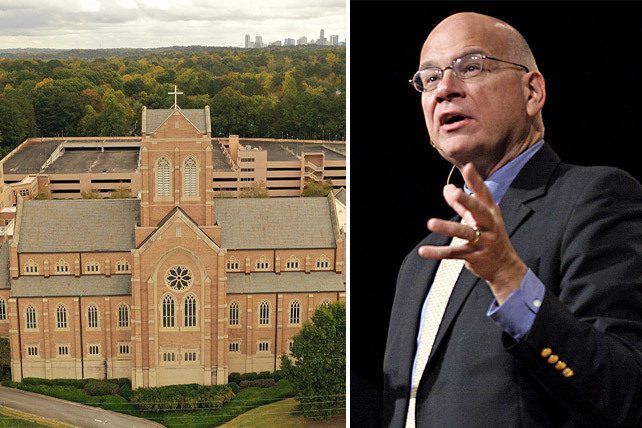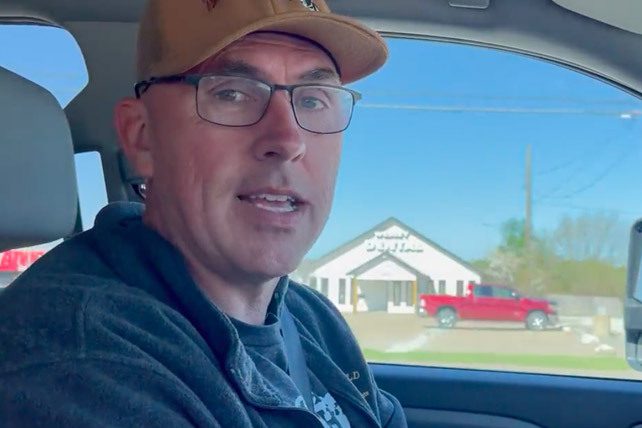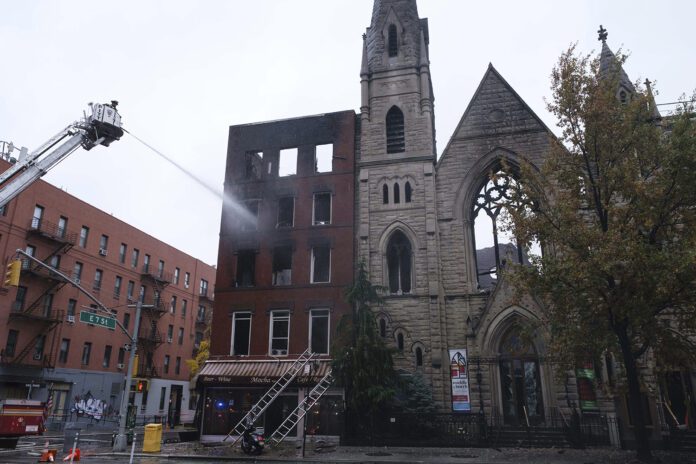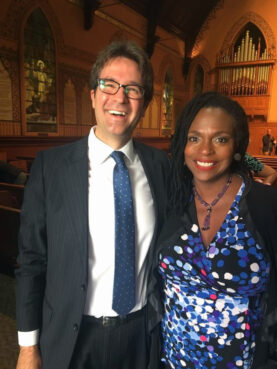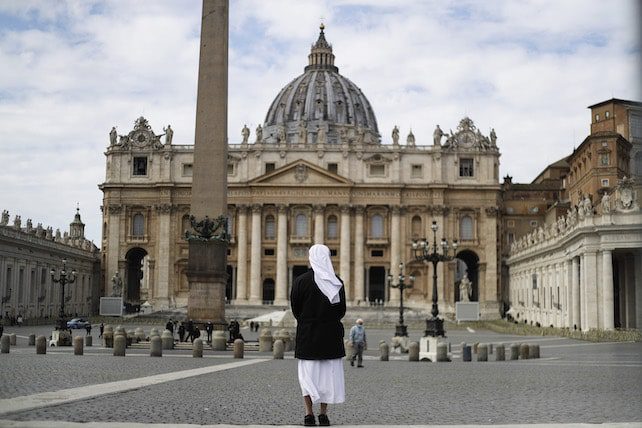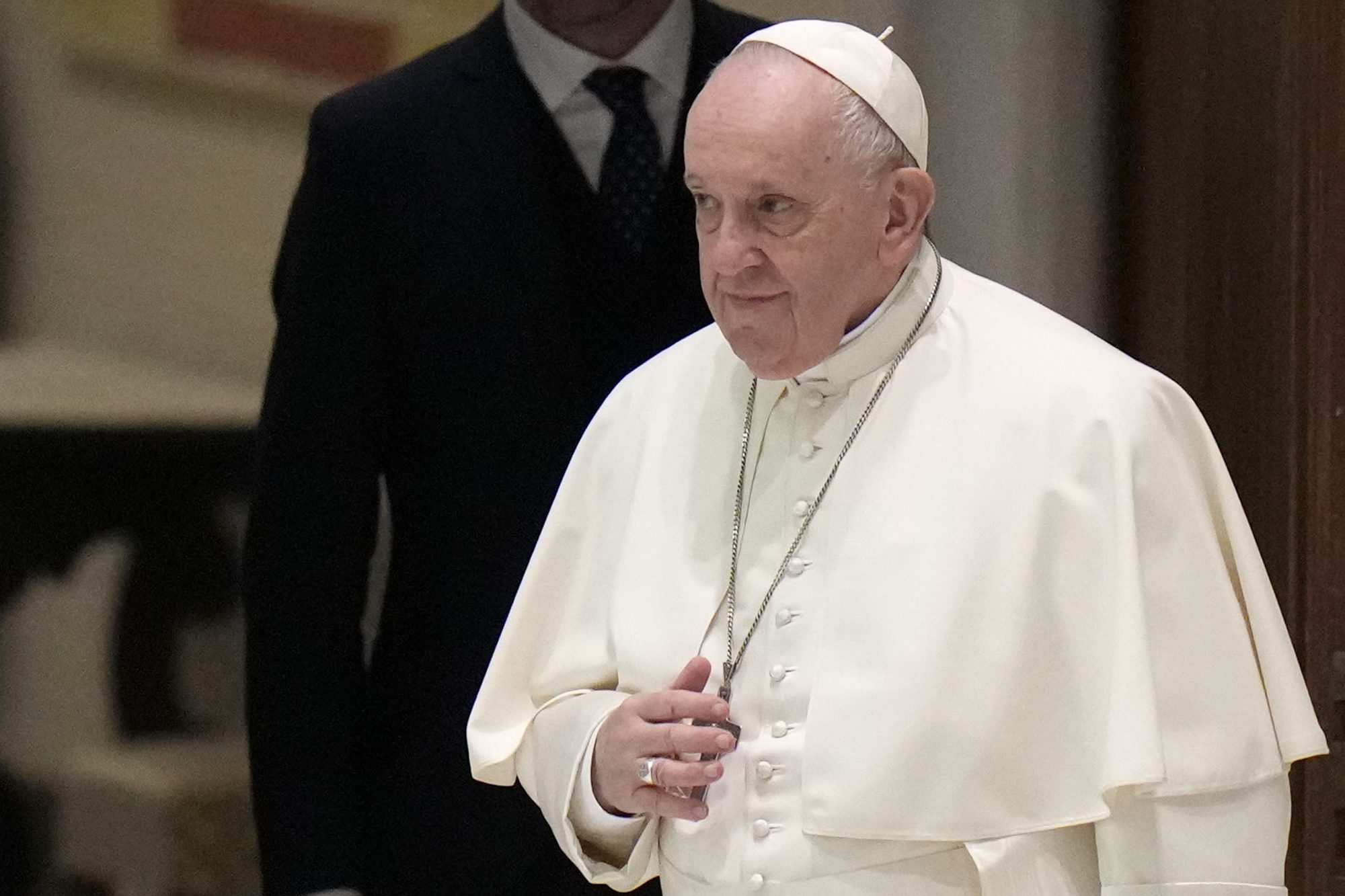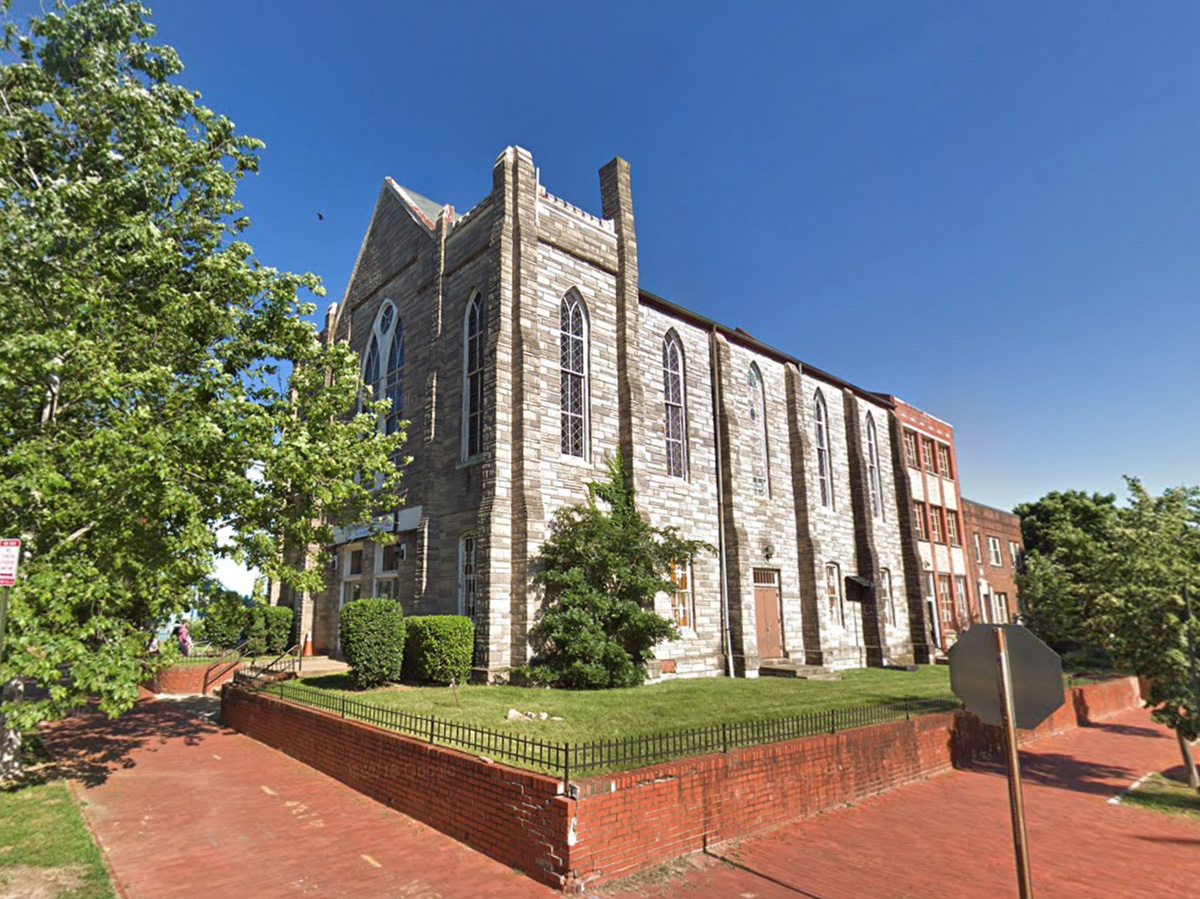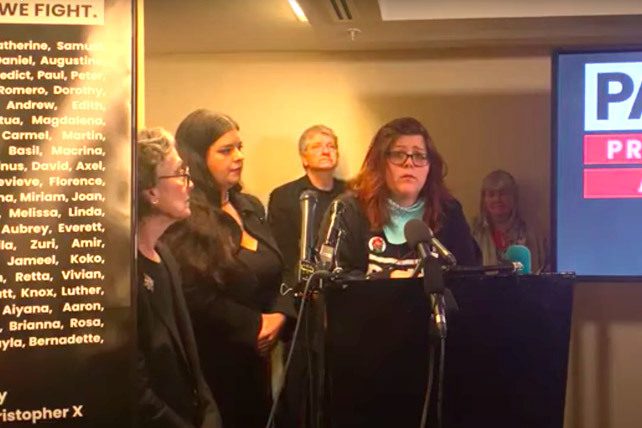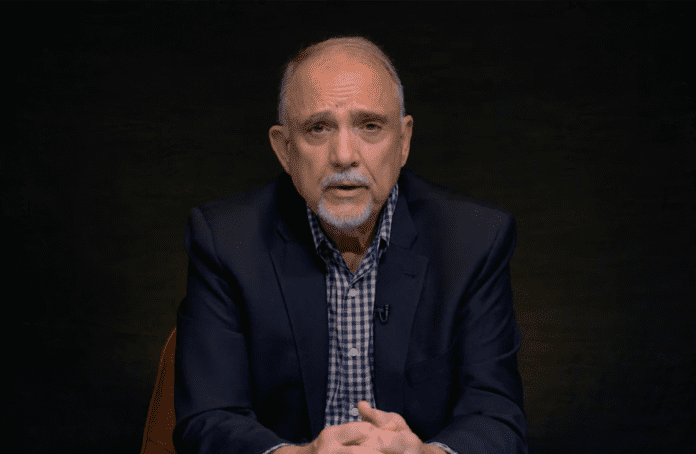Assuredly, I say to you, all sins will be forgiven the sons of men, and whatever blasphemies they may utter; but he who blasphemes against the Holy Spirit never has forgiveness, but is subject to eternal condemnation. (Mark 3:28–29)
I cannot tell you how many times in my teaching career very distraught Christians have come to me to ask about the unpardonable sin and whether they might have committed it. I suspect most believers have asked themselves whether they have done something unforgivable. It is not surprising that many people struggle with this issue because the precise nature of “the unpardonable sin” is difficult to discern and many theories about it have been set forth through church history. For instance, some people have argued that the unpardonable sin is murder and others have said that it is adultery, because they see the serious consequences that those sins wreak on the sanctity of life and the sanctity of marriage. But I can speak with full assurance that neither of those sins is unpardonable. There are two reasons for my assurance. First, Scripture shows us examples of people who committed these sins and were forgiven. Exhibit A is David, who was guilty of both adultery and murder, and yet, after his confession and repentance, he was restored fully to his state of grace. Second, and more important, when Jesus taught on the unpardonable sin, He said nothing about murder or adultery.
Amen
What, then, did Jesus say? He began in a radical way by saying, “Assuredly, I say to you.” Sometimes evangelical Christians who want to express agreement with something they have heard from a preacher or a teacher will say “Amen.” The word amen is transliterated from the Hebrew amein, which means “truth” or “it is true,” so those saying “Amen” are agreeing with what they have heard. But instead of giving His teaching and waiting for His hearers to say “Amen,” Jesus Himself said “Amen” before He gave His teaching. The word translated as “assuredly” here is the Greek equivalent of the word amein. In other words, Jesus announced that He was about to say something true. This was a way of saying, “Now hear this.” He was giving great emphasis to the teaching He was about to utter.
What is Blasphemy?
Jesus then stated that “all sins” can be forgiven, including “whatever blasphemies”—except for the specific blasphemy of the Spirit. Luke’s account of this teaching is even more specific: “Anyone who speaks a word against the Son of Man, it will be forgiven him; but to him who blasphemes against the Holy Spirit, it will not be forgiven” (Luke 12:10).
At this point, we need to define blasphemy, and this verse from Luke gives us a clue as to what it is. The two phrases “who speaks a word against” and “who blasphemes” are parallel. Blasphemy, then, involves speaking a word against God. It is a verbal sin, one that is committed with the mouth or the pen. It is desecration of the holy character of God. It can involve insulting Him, mocking Him, or dishonoring Him. In a sense, it is the opposite of praise. Even casually using the name of God by saying, “Oh, my God,” as so many do, constitutes blasphemy. We can be very thankful that the unpardonable sin is not just any kind of blasphemy, because if it were, none of us would have any hope of escaping damnation. All of us have, at many times and in many ways, routinely blasphemed the name of God.
Blasphemy Against the Son of Man
Jesus’ statement that “Anyone who speaks a word against the Son of Man, it will be forgiven him” seems shocking in light of the abuse and mistreatment He later went through, culminating in His execution on a Roman cross. But we must remember how, as He hung on the cross, Jesus looked at those who had delivered Him to the Romans and mocked Him as He was dying, and said, “Father, forgive them, for they do not know what they do” (Luke 23:34). Even though these men opposed Christ to the point of executing Him, there was still hope of forgiveness for them. Likewise, in the book of Acts, Peter told the people of Jerusalem that they had delivered Jesus to the Romans and denied Him, but he added, “I know that you did it in ignorance, as did also your rulers” (Acts 3:17), and he called on them to repent. So, on at least two occasions, the New Testament makes it clear that forgiveness was possible for those who despised Christ so much that they killed Him. These accounts verify Jesus’ assertion that any sin against the Son of Man could be forgiven.
Blasphemy Against the Spirit
But what of blasphemy against the Spirit? To understand this difficult saying, we need to see that it came in the context of Jesus’ opponents charging Him with doing His work by the power of the Devil rather than by the power of the Holy Spirit. However, they were not slandering the Spirit—not quite. Their statements were directed against Jesus. So, He said to them: “You can blaspheme Me and be forgiven, but when you question the work of the Spirit, you are coming perilously close to the unforgivable sin. You are right at the line. You are looking down into the abyss of hell. One more step and there will be no hope for you.” He was warning them to be very careful not to insult or mock the Spirit.
Christians and The Unpardonable Sin
Humanly speaking, everyone who is a Christian is capable of committing the unforgivable sin. However, I believe that the Lord of glory who has saved us and sealed us in the Holy Spirit will never let us commit that sin. I do not believe that any Christians in the history of the church have blasphemed the Spirit.
As for those who are not sure they are saved and are worried they may have committed the unpardonable sin, I would say that worrying about it is one of the clearest evidences that they have not committed this sin, for those who commit it are so hardened in their hearts they do not care that they commit it. Thanks be to God that the sin that is unpardonable is not a sin He allows His people to commit.
This article originally appeared here and is used by permission.



